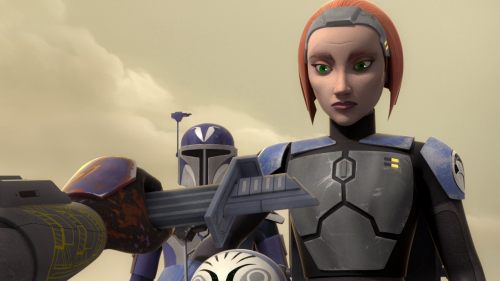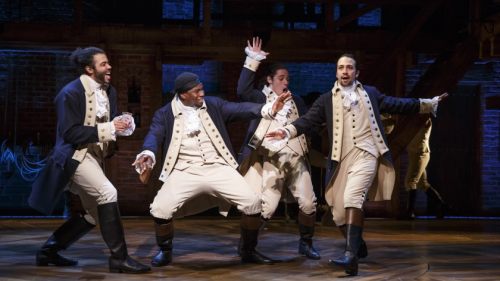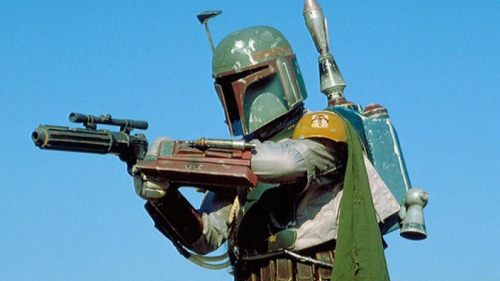Kevin Feige Says You’ll Need Disney+ To Understand Future Marvel Films
It hasn't been a secret that the upcoming Disney+ Marvel shows will be an important part of the Marvel Cinematic Universe moving forward, but just how important has been left to speculation until now. In a recent interview with Bloomberg, Kevin Feige confirmed that "if you want to understand everything in future Marvel movies, you’ll probably need a Disney+ subscription." Using the upcoming Disney+ Marvel series Loki and WandaVision as examples, Feige elaborated, saying that characters from those series will appear in the film Doctor Strange in the Multiverse of Madness, at which point events from those series will already be informing their characters. So this won't be another Agents of S.H.I.E.L.D. or Marvel Netflix situation, where characters from the shows were affected by the movies, but never vice versa.
This is information we already saw coming (I mean, why else would they be bringing stars from the movies into the shows if not to tie said shows directly to the movies?) but it still feels like crossing a threshold to hear it from the mouth of Feige himself. The Marvel president's statements could very well be an exaggeration to sell Disney+ subscriptions at launch, but if the shows do intertwine with the movies as much as he claims, then that means the MCU is moving into an unprecedented level of serialization for a blockbuster franchise.
For years, the Marvel Cinematic Universe movies have been compared to television, with new "episodes" every 3-6 months and a "season finale" in the form of an Avengers crossover. The sprawling MCU cast has been compared to soap opera ensembles, and the Marvel Studios visual template has been likened to the style bibles that directors are given when hired to make an episode of a show. But despite all these comparisons, the MCU's theatrical success has relied on the movies still feeling like movies on a fundamental level — with clear emotional arcs that begin and end in each film, and resolutions that don't feel like complete cliffhangers (of course, there have been exceptions). The majority of the people who watch Marvel films aren't the types who obsessively trace Black Widow's character development from film to film; they're the types who go to each movie expecting to have a standalone good time. And the films have generally delivered in that respect.
By cranking up the serialization of the MCU to the point that literal television will be a fundamental part of it, Disney and Marvel are making a few gambles. The first gamble is on audiences turning out to these shows the same way they turn out to the movies. The second is on audiences not finding the increased frequency of new entries and reliance on continuity exhausting (the way most comics readers feel after one "event" cycle). I can see a few ways they could avoid the latter, so it's not a huge gamble, but the former is what I find super interesting because it could carry devastating implications for the industry.
With the alleged importance of the new Marvel shows, Disney is reiterating that Disney+ won't just be a new streaming platform. Disney+ is where they hope they can handle *all* their film, TV, and content distribution in the future, and a big part about making that vision come true is by tearing down the barrier between the theatrical cinema experience and the at-home television experience. And out of all the major studios and streamers, Disney is in the strongest position to hit this wall from both directions. With the MCU, they've already done a ton of work to make mainstream cinema (or mainstream "not cinema," if you're Martin Scorsese) resemble TV, and with the immense budgets they're putting into the upcoming Marvel shows (reportedly $25 million per episode) as well as The Mandalorian, Disney's trying to make TV identical to movies.
Marvel and Disney are taking the steps to turn their blockbuster film franchise into a blockbuster cross-media franchise, and while the possibilities of what could arise from this are endless, I can't help but stand back and wonder like Mr. Scorsese if cinema will survive all this.



